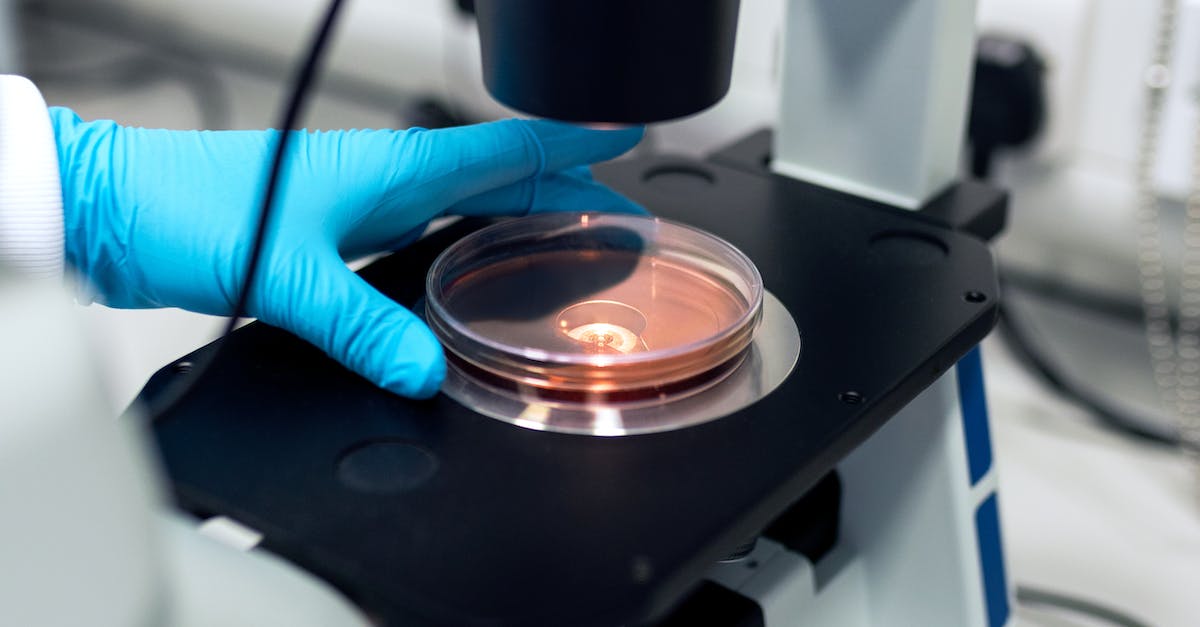During the 1970s, shellfish populations in Maine and Chesapeake Bay witnessed mysterious declines. Scientists pointed to a unique kind of contagious cancer as the cause, which spread through waterborne cancer cells. This discovery challenges the traditional perception of cancer as an individual-based disease, revealing that contagious cancer cells have thrived among different species for centuries.
Unlike human cancers which arise from mutations within an individual’s cells, these shellfish were affected by cancer cells originating from other clams. The foreign cancer cells multiplied and infected other clams in the process. Researchers are now investigating the mechanisms allowing these malignant cells to bypass host immune systems and spread through various shellfish populations.
Transmissible Cancer Among Shellfish Species
Additional studies found other shellfish species falling prey to contagious cancer. Researchers discovered that cancer cell lineages were transmitted between shellfish for hundreds or even thousands of years, accumulating numerous mutations. This discovery may contribute to a better understanding of cancer’s evolution and lead to innovative approaches in its prevention and treatment.
Adrian Baez-Ortega, a computational biologist at the Wellcome Sanger Institute, expressed amazement at this phenomenon, which he described as “something that doesn’t seem biologically possible.” However, this extraordinary discovery has piqued researchers’ interest, encouraging further investigation into the underlying mechanisms.
A Deeper Dive Into Contagious Cancers
A 2015 study first detected contagious cancers in soft-shell clams through analyzing short DNA sequences in cancer cells collected from clams in Canada, Maine, and New York. Since then, further research has been carried out to examine the transmission and impact of this contagious cancer on clam populations. Scientists are also exploring whether this cancer could spread to other marine organisms.
Genetic analysis showed that cancer cells did not originate from host animals but were related, stemming from one ancestral cell. This suggests that the cancer cells have been spreading through a rare phenomenon called clonal transmissible cancer.
Researchers are now exploring different shellfish species and have discovered contagious cancer in eight additional species, including mussels and cockles. Consequently, researchers now emphasize the need for an in-depth understanding of the transmission mechanisms and potential implications of contagious cancer in marine ecosystems.
Implications for Seafood and Conservation Efforts
The discovery raises concerns about the potential impact on shellfish populations and the quality and safety of seafood for human consumption. Michael Metzger, a biologist at the Pacific Northwest Research Institute, expects to discover more cases in the future.
Understanding symbiotic relationships and complex ecosystems is crucial for furthering our knowledge and devising impactful conservation strategies. Numerous research teams now focus on analyzing transmission patterns, genetic mutations, and potential prevention methods to protect aquatic organisms and marine ecosystems.
Understanding Cancer Cell Mutations
By comparing DNA from healthy and cancerous cells, researchers identified hundreds of thousands of mutations in contagious cancers. This information sheds light on the development and progression of such transmissible cancers and could lead to potential treatments and preventive measures.
Researchers also found that some cancer cells displayed shared mutations not found in others, indicating a common ancestry and a branching family tree. This suggests that multiple cancer cell subpopulations co-exist within a tumor, each with its distinct set of genetic mutations. Understanding these diverse populations could pave the way for more effective, personalized cancer treatments.
Researchers estimate that the original ancestral cancer cell became contagious over 200 years ago, maybe earlier. This contagious cancer cell has since evolved and diverged into various strains, impacting multiple native species populations. Understanding the timeline and progression of this disease will provide crucial insights for devising effective treatments and protecting vulnerable animals.
Frequently Asked Questions
What is the contagious cancer affecting shellfish populations?
Contagious cancer is a unique form of cancer that spreads through waterborne cancer cells, affecting shellfish populations. Unlike human cancers that arise from mutations within an individual’s cells, these shellfish are affected by cancer cells originating from other clams.
How is this cancer transmitted among shellfish?
This contagious cancer spreads through a rare phenomenon called clonal transmissible cancer. Cancer cell lineages have been transmitted between shellfish for hundreds or even thousands of years, accumulating numerous mutations.
What are the implications for seafood and conservation efforts?
The discovery raises concerns about the potential impact on shellfish population, the quality and safety of seafood for human consumption, as well as marine ecosystem conservation. Research into transmission patterns, genetic mutations, and prevention methods will be important for understanding this cancer and protecting aquatic organisms and marine ecosystems.
Can this contagious cancer spread to other marine organisms?
Scientists are currently exploring whether this cancer could spread to other marine organisms. Research has already found contagious cancer in eight additional shellfish species, including mussels and cockles.
How can understanding cancer cell mutations help in treatment and prevention?
Identifying and analyzing mutations in contagious cancers can shed light on the development and progression of such transmissible cancers, potentially leading to new treatments and preventive measures. Understanding diverse cancer cell subpopulations could also pave the way for more effective, personalized cancer treatments.
First Reported on: nytimes.com
Featured Image Credit: Photo by ThisIsEngineering; Pexels; Thank you!













